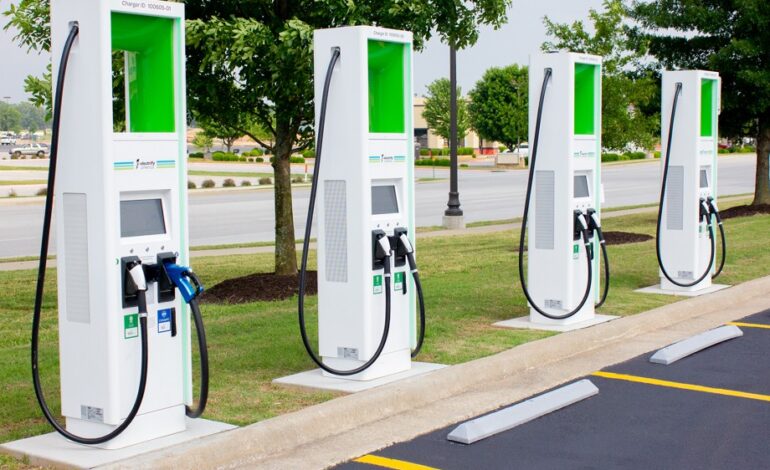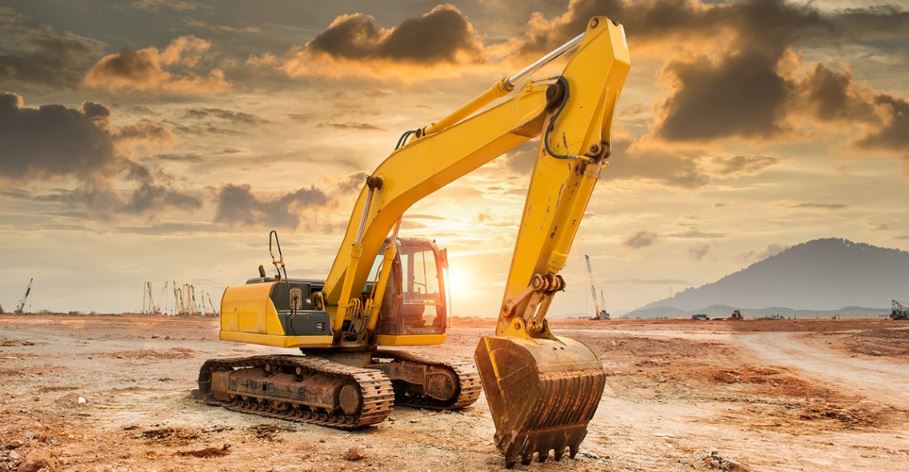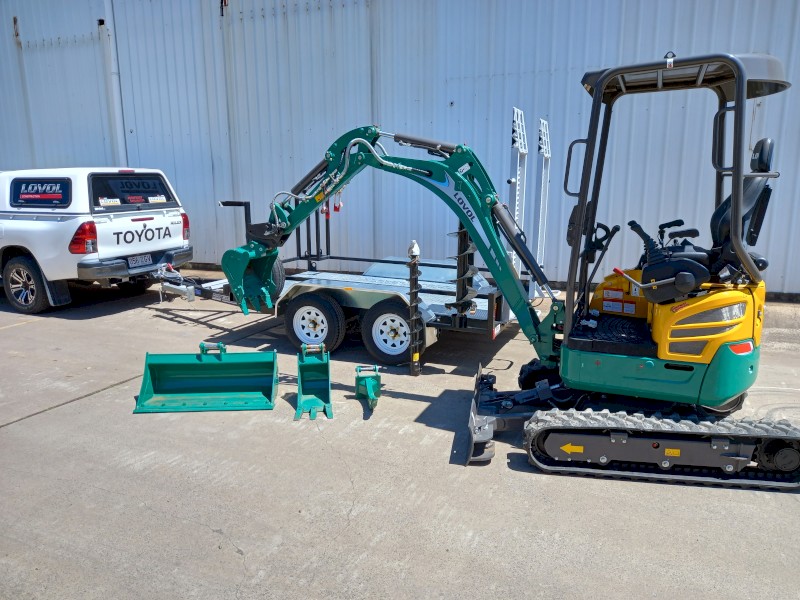
7 Signs It’s Time To Replace Your Car
Your car might feel like a trusty companion, but even the most reliable vehicles have their limits. While regular maintenance can keep it running smoothly for years, there comes a time when holding onto an ageing car does more harm than good. Wondering if it’s time to move on? Let’s look at seven clear signs that your car might be ready for retirement.
1. Repairs Are Becoming a Monthly Expense
Have you noticed that your trips to the mechanic are getting more frequent – and expensive? If your repair bills are starting to stack up, it might be a sign that your car is on its last legs and you should start looking at the cheap used cars Essex available. Think about it: constantly fixing engine issues, brakes, or electrical faults can add up quickly. When repair costs creep closer to the value of your car itself, it’s a strong signal that it’s time to upgrade. Ask yourself, “Am I spending more to keep this car running than it’s actually worth?” If the answer is yes, a replacement might save you money in the long run.
2. Safety Features Are Outdated
Modern cars are loaded with safety features like lane departure warnings, automatic emergency braking, and rearview cameras. If your vehicle lacks these basics, you could be putting yourself and your passengers at unnecessary risk. While older cars might still be functional, they can’t compete with the advanced safety technology in newer models. Upgrading doesn’t just improve your comfort – it can make a huge difference in avoiding accidents. Your safety is priceless, so don’t settle for outdated tech.
3. Your Car Fails Emissions Tests
Struggling to pass emissions checks? This isn’t just bad for the environment; it can also become a major headache. In some areas, failing these tests means you won’t legally be able to drive your car without costly repairs. Plus, older vehicles are often less fuel-efficient, which means you’re likely spending more on petrol than you would with a newer, eco-friendlier model. If your car’s emissions are becoming a problem, upgrading to a cleaner, more efficient vehicle can save you time, money, and stress.
4. It’s Losing Reliability
Do you constantly worry about whether your car will start in the morning? Unpredictable breakdowns can disrupt your day and leave you stranded. Whether it’s the engine cutting out or strange noises that never seem to go away, a car that isn’t reliable can quickly become a burden. Reliability isn’t just about convenience – it’s about peace of mind. If you can’t count on your car to get you where you need to go, it’s time to consider a more dependable replacement.
5. Rust Is Taking Over
Rust isn’t just an eyesore; it’s a sign of deeper structural issues. While small patches of rust can often be treated, widespread corrosion can compromise your car’s frame and safety. Once rust starts to affect crucial components like the chassis or suspension, repairs become impractical and expensive. If you’ve spotted extensive rust damage, particularly in critical areas, it’s probably time to say goodbye to your car.
6. It No Longer Fits Your Needs
Your lifestyle can change dramatically over the years, and what worked for you in the past might not be right anymore. Maybe you’ve started a family and need more space for car seats, or perhaps you’ve taken up hobbies that require a vehicle with extra storage or towing capacity. On the other hand, you might be driving a gas-guzzling SUV when a smaller, more efficient car would suit you better. If your car no longer aligns with your day-to-day life, upgrading to one that does can make all the difference.
7. It’s Getting Costlier to Insure
Insurance premiums tend to increase as cars age, especially if they lack modern safety features or have a higher risk of mechanical failure. If you notice your insurance costs creeping up despite having a clean driving record, your car could be the reason. Upgrading to a newer model with better safety ratings can lower your premiums and save you money over time.
Making the Decision
Replacing your car is a big decision, but it doesn’t have to be overwhelming. Take a step back and evaluate your current situation. Are you spending more on repairs than the car’s worth? Is it lacking the features you need to stay safe and comfortable? If even a couple of these signs resonate with you, it might be time to consider upgrading. A newer car can bring peace of mind, improved reliability, and even long-term savings. Remember, investing in a vehicle that meets your needs isn’t just practical – it’s also about enjoying the drive again.





